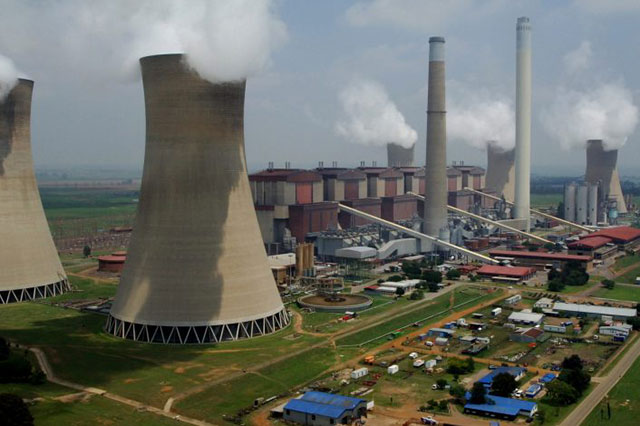Cape Town – The World Bank Board has approved a $1 billion Development Policy Loan (DPL) to support South Africa’s efforts to enhance long-term energy security and transition to a low-carbon economy.
The funding is aimed at addressing the challenges posed by the country’s ongoing energy crisis.
The DPL supports reforms in two key areas:
- Restructuring the power sector: It involves the unbundling of South Africa’s power utility, Eskom, with the goal of improving its efficiency by directing resources toward investments in transmission and maintenance of existing power plants.
- Promoting a low-carbon transition: This includes encouraging private investment in renewable energy, particularly from households and small businesses, and strengthening carbon pricing mechanisms.
“We are pleased to support South Africa’s government, which has taken decisive reforms to address the challenges posed by the energy crisis. These reforms will benefit the people of South Africa – particularly the most vulnerable households – the economy, the environment, and advance the energy transition,” World Bank Country Director for South Africa Marie Francoise Marie-Nelly said on Wednesday.
The ongoing energy crisis in South Africa has had a significant negative impact on productivity and safety, leading to frequent power outages.
In 2022, load shedding averaged eight hours per day, causing an estimated 2-3% reduction in GDP growth.
The World Bank’s support is expected to provide fiscal and technical assistance to address these challenges, stimulate private sector engagement, and create jobs in the renewable energy sector.
It will also help mitigate the impact of recent electricity tariff increases on poorer households and businesses, with a focus on women and Black women-owned businesses, by facilitating their access to credit for investments in solar technology.
Follow African Insider on Facebook, Twitter and Instagram
Picture: Twitter/@SAgovnews
For more African news, visit Africaninsider.com
Compiled by Betha Madhomu


